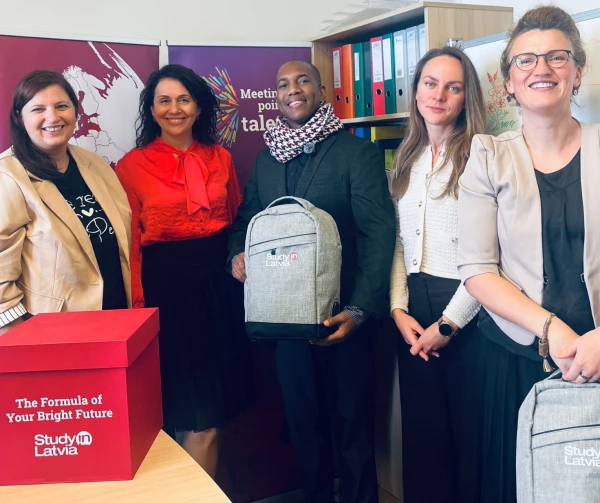
In my student group at the Riga Technical University among those who enrolled in 1987 were such "foreigners" – a girl from Georgia and young people from Ukraine and Moldova.
The situation is the same now, and in fact, it is these countries that are encouraging students to move abroad for their studies.
17% Foreign Guests
Do not rush to scold the dark-skinned young men on electric motorcycles with blue-green boxes on their backs. After all, they are not only delivering pizza and kebabs but also a cargo of knowledge, as well as taxes to the country’s treasury. Ultimately, they are earning our future pensions! Foreign students contribute tens of millions of euros to the treasury of Latvia. In a press release about the Study in Latvia program prepared by the Ministry of Education and Science, it is stated:
– The majority of direct income comes from tuition fees. The second direct contribution is the spending of students, which supports stable demand in the rental market, retail, and service sectors, especially in large cities. The indirect impact is manifested through the jobs that are created and maintained to service these students, as well as through taxes…".
Each year, it is planned to spend 332,335 EUR to stimulate the arrival of foreigners in Latvia under the Study in Latvia program, while the cumulative effect of higher education exports is 385 million. This means that for every euro invested, we will receive more than a thousand! Where else can you find such profitability?
Any Whim for Your Money, but – in English
Of course, the newcomers would be even happier if they were allowed to obtain European diplomas in Latvia without being pressured too much regarding the local state language.
In October, during the Saeima Commission on Long-Term Development, chaired by, among others, National Alliance representative Uģis Mitrevics, there was a presentation from the Ministry of Education and Science. It contained a fateful statement:
– More flexibility for the English language in maintaining balance with the Latvian language: amendments to the higher education standard and regulations regarding foreign students are being prepared; the professional short cycle of higher education programs – 20%, first cycle – 30%, second cycle – 40%, and third cycle – 50% of higher education programs".
Finally, as they say, "the market has decided". Or have university leaders paved the way to the heart of Minister Dace Melbarde ("New Unity")? The future will show. Now, it turns out that the national sacred state language has to, if not make way, then at least accommodate the language of the main NATO ally.
Mr. Mitrevics informed his colleagues that at the recent forum "Higher Education for the Sustainability of Latvia", a "roadmap" for the academic community was developed. We also have a Human Capital Council in our republic. However, in absolute numbers, in a quarter of a century, there will be 30% fewer students aged 18-22 in Latvia than there are now…
Young Commissioner
Liene Levada, Director of the Department of Higher Education, Science, and Innovation at the Ministry of Education and Science, presented to the parliamentarians what she referred to as an update. It is very characteristic that she used a foreign term.
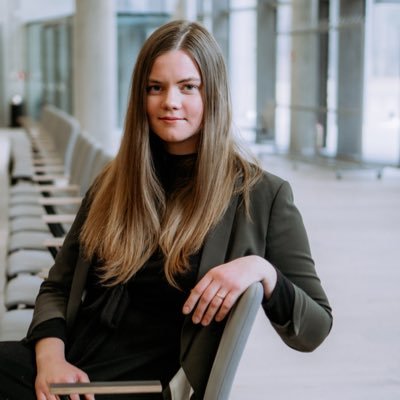
It is equally amusing that now a very young lady will command the gray-haired academics and university rectors. After all, if she received her first bachelor's degree in marketing and advertising from the University of Stradiņš from 2017 to 2020 (according to the professional network LinkedIn), she cannot even be 30 years old now. However, she also holds a master's degree in health management… also obtained from the University of Stradiņš. What is even more surprising is that as early as 2018, i.e., while studying in her second year, Levada became a senator at the University of Stradiņš:
– Higher education institutions are the driving force of higher education, – revealed the secrets of management skills the department director, – and there should be less bureaucracy, so instead of 76 members of higher education councils, there will now be 48. "Now associate professors will be able to teach in English, – promised the higher education curator, – for up to six years, after which they will need to master the Latvian language." However, as she later added, this refers to "minimum requirements".
Thus, metaphorically expressed Liene, "the breath of internationalization will be brought into the academic environment": – We had very diverse discussions, but they gave rise to new frameworks. Now universities will be able to "commercialize their knowledge and inventions, as we do not have that today".
All this is, of course, wonderful. Only I remembered how my mother, an associate professor at RTU, had to provide teaching materials in theoretical mathematics in Latvian in the early 1990s, while students had to listen and take exams in it. (By the way, a little later, a textbook was published in the Russian Federation where my mother was a co-author, and in 2025, a collection of 1757 problems on all sections of the theoretical mechanics course from Riga survived its fourth edition in Russian!)
I wonder how many textbooks written in Latvia have been published in the West during this time? And the astonishing comparison seems almost rhetorical: a foreign professor can teach in English at a state university in Latvia, but at the same time, citizens of Latvia are being dismissed from teaching positions for insufficient proficiency in the state language.

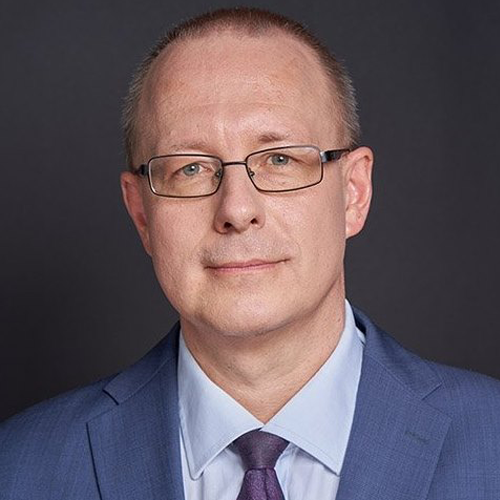


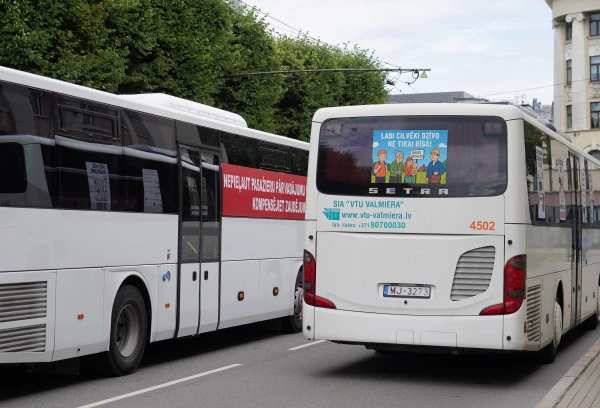

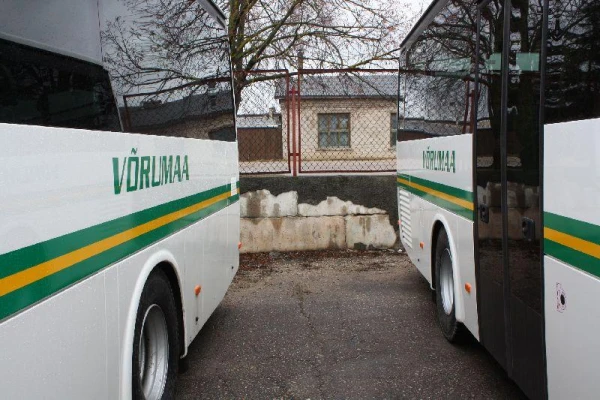
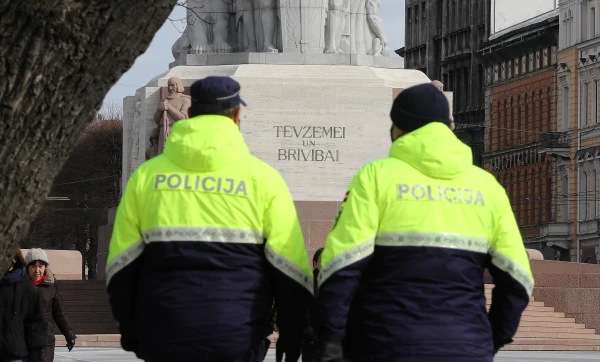
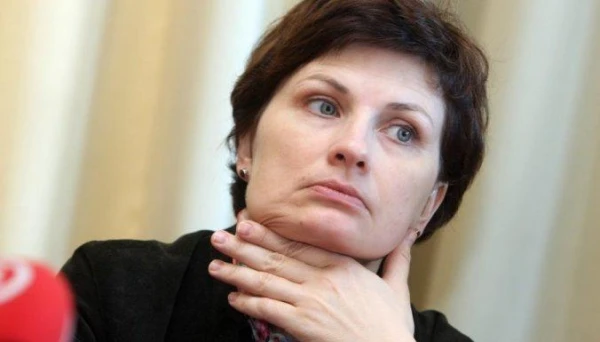

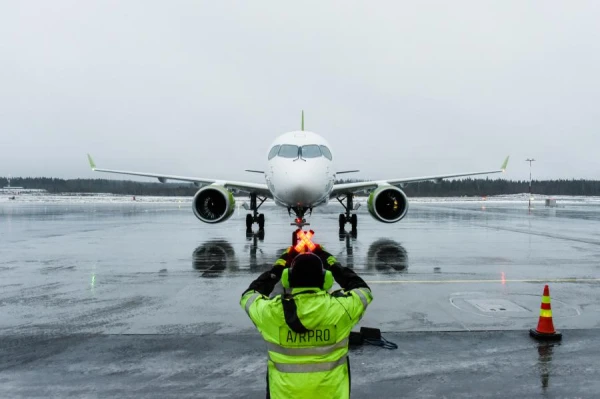

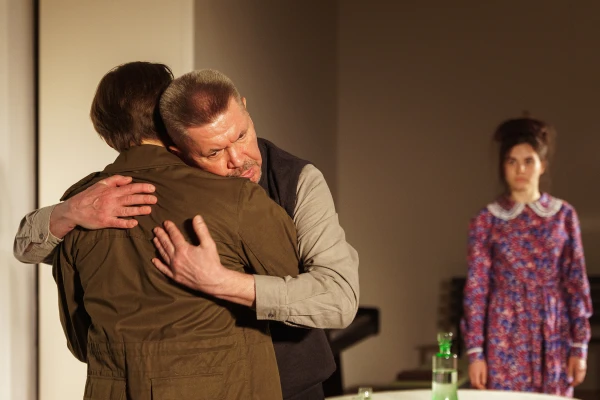
Leave a comment